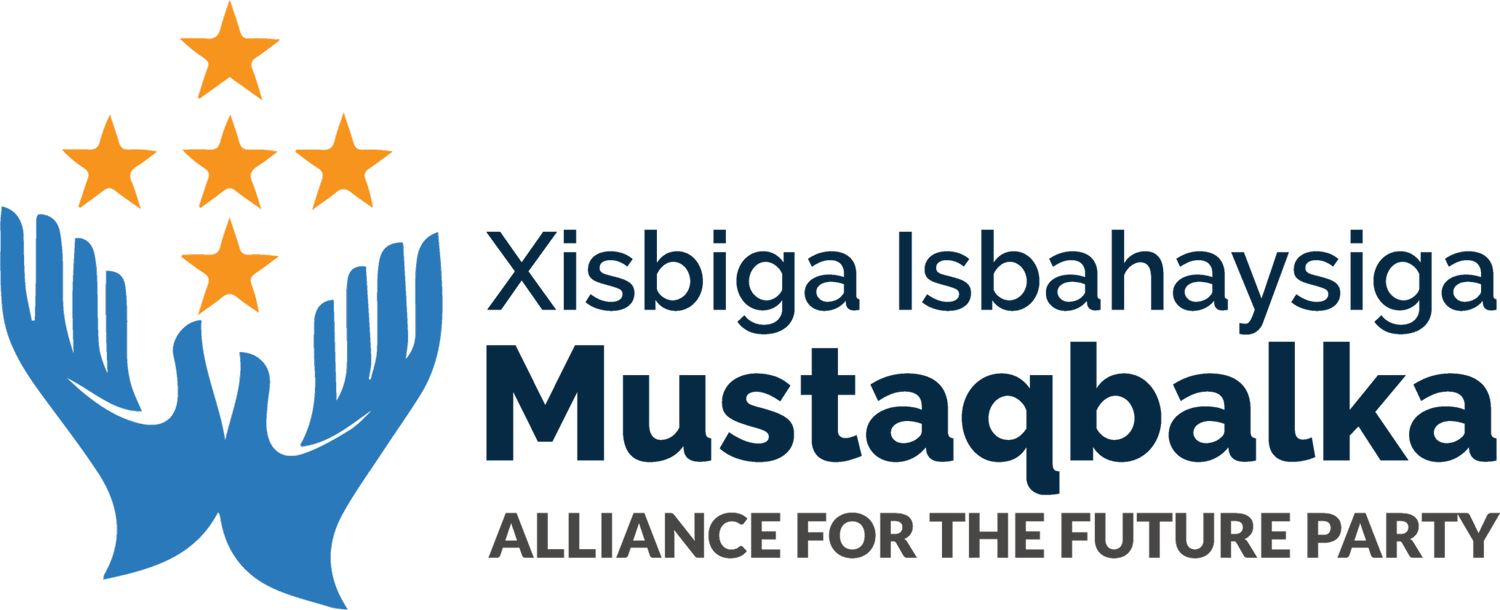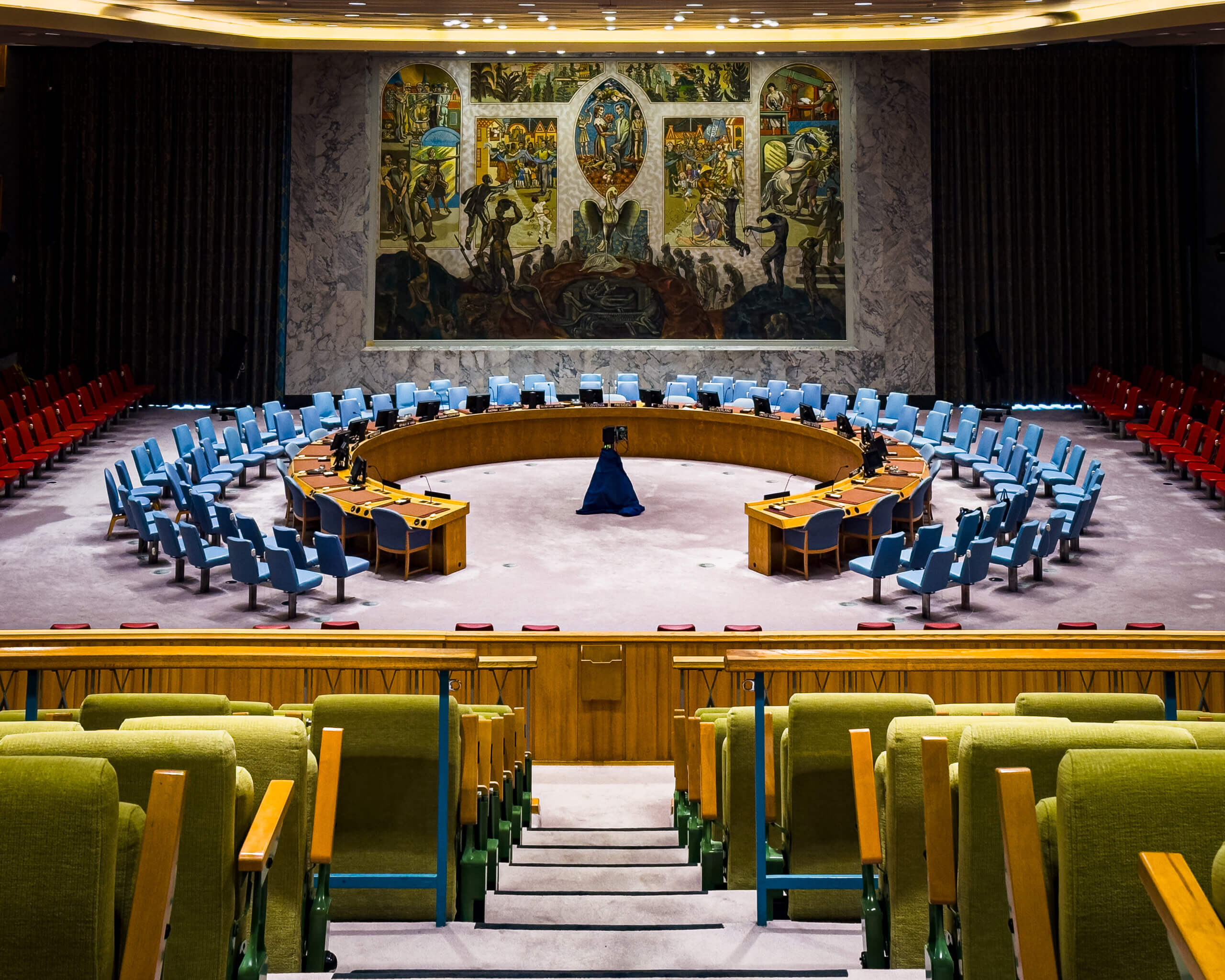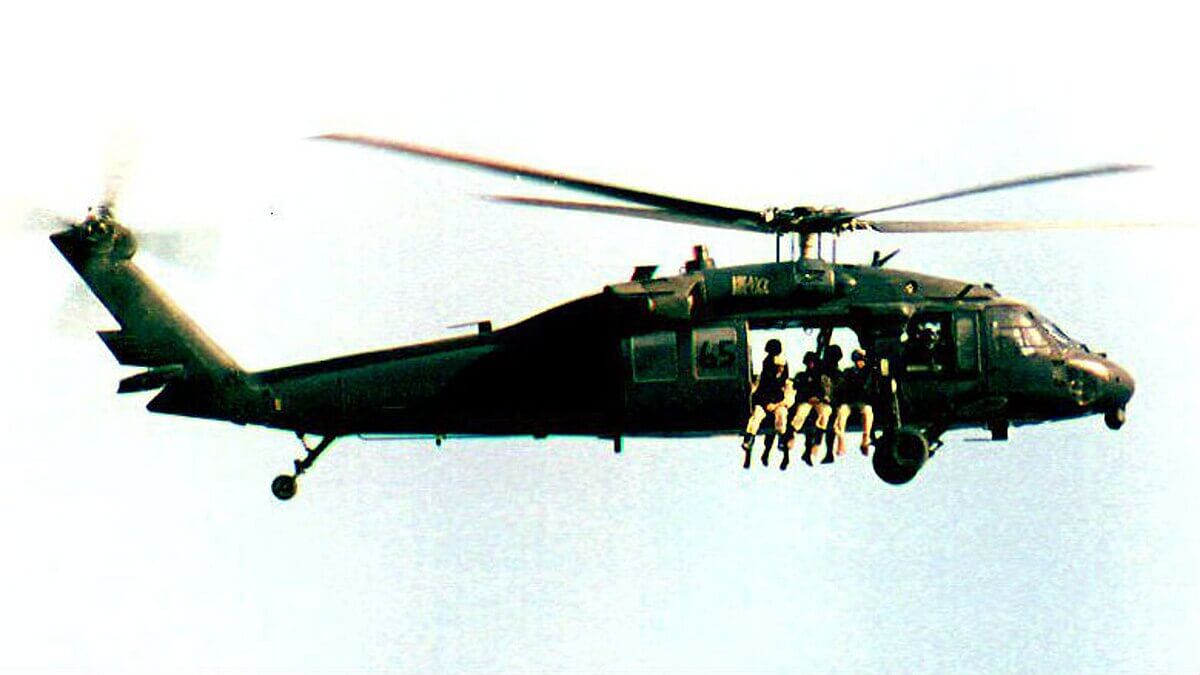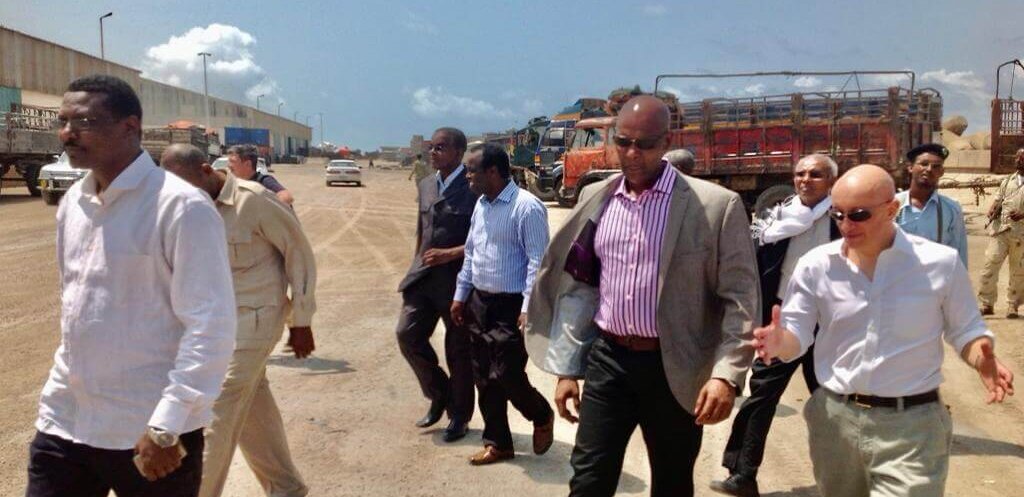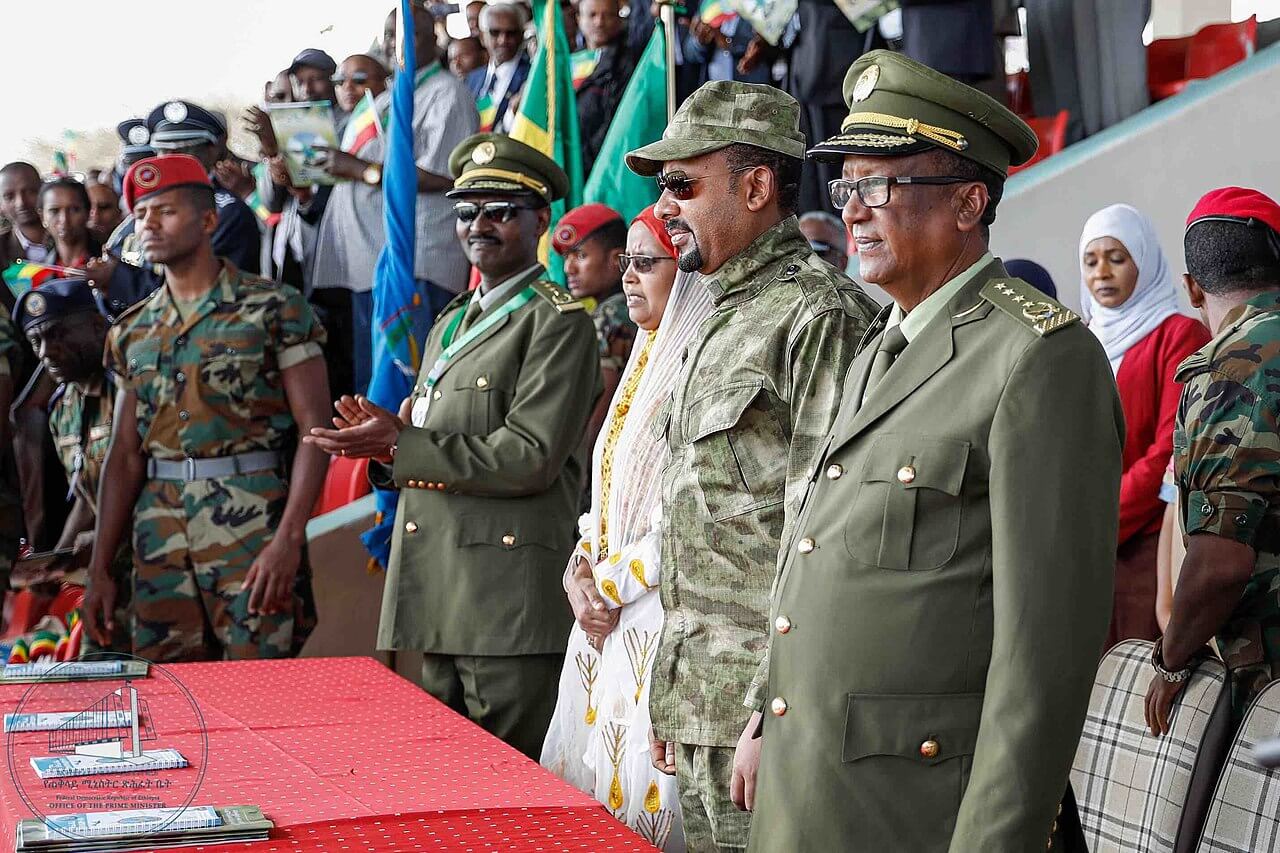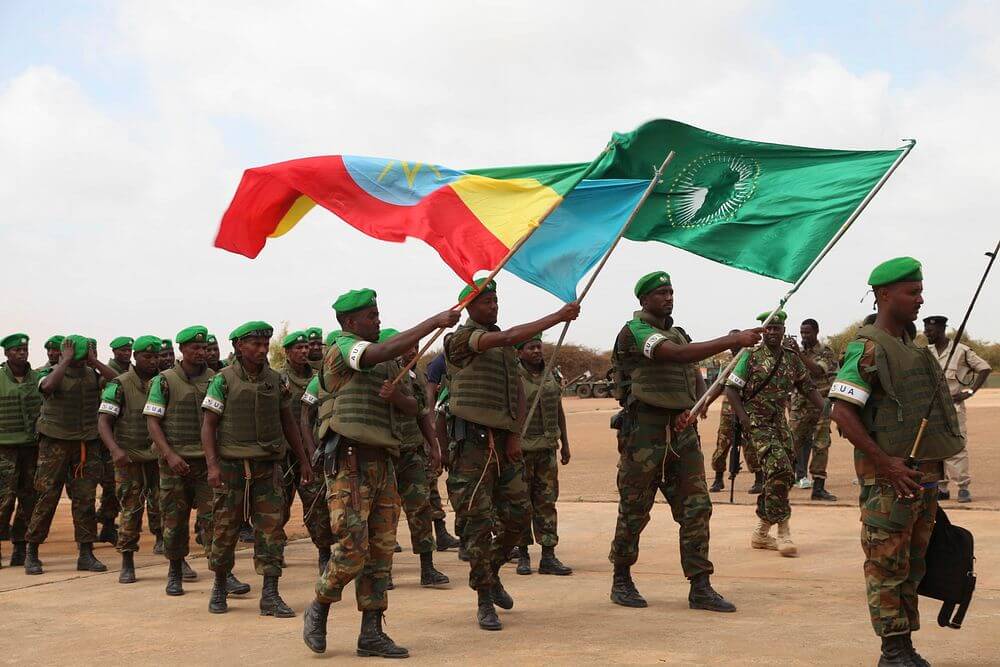The United Nations Security Council stands at a pivotal crossroads, tasked with addressing escalating global threats while grappling with profound financial and operational challenges. The upcoming resolution on Somalia, which will mark the transition from the African Union Transition Mission in Somalia (ATMIS) to the African Union Support and Stabilisation Mission (AUSSOM), highlights both the potential and the serious difficulties facing international peace efforts.
A central issue confronting the UN Security Council is the chronic underfunding of global security initiatives. Missions like AUSSOM, intended to stabilise fragile regions, are too often hindered by inconsistent financial commitments and resource shortages. These gaps place excessive strain on regional actors and undermine the international community’s capacity to achieve meaningful, sustainable peace. It is a harsh truth that peace cannot be bought with promises alone – it requires sustained investment and fair distribution of the financial burden.
Equally concerning is the increasing geopolitical division that paralyses the Security Council. As millions suffer in ongoing crises across Syria, Ukraine, Sudan, Yemen, Ethiopia, Eritrea, Israel, Palestine, Lebanon, Iran, and beyond, the Security Council frequently becomes mired in deadlock. National interests too often override collective responsibility, delaying crucial action and diminishing the Council’s credibility as the institution charged with maintaining global peace and security.
The international community is confronted with a stark reality: unless the financial and political fractures within the Security Council are addressed, its effectiveness will remain compromised. The time for bold, unified action is now. The international community must demand greater accountability, more robust resource mobilisation, and a reinvigorated commitment to multilateralism.
History will judge us not by our ambitions, but by our ability to overcome these challenges and deliver real, tangible results for those who depend on the Council’s leadership. The future of global security rests on our actions today.
